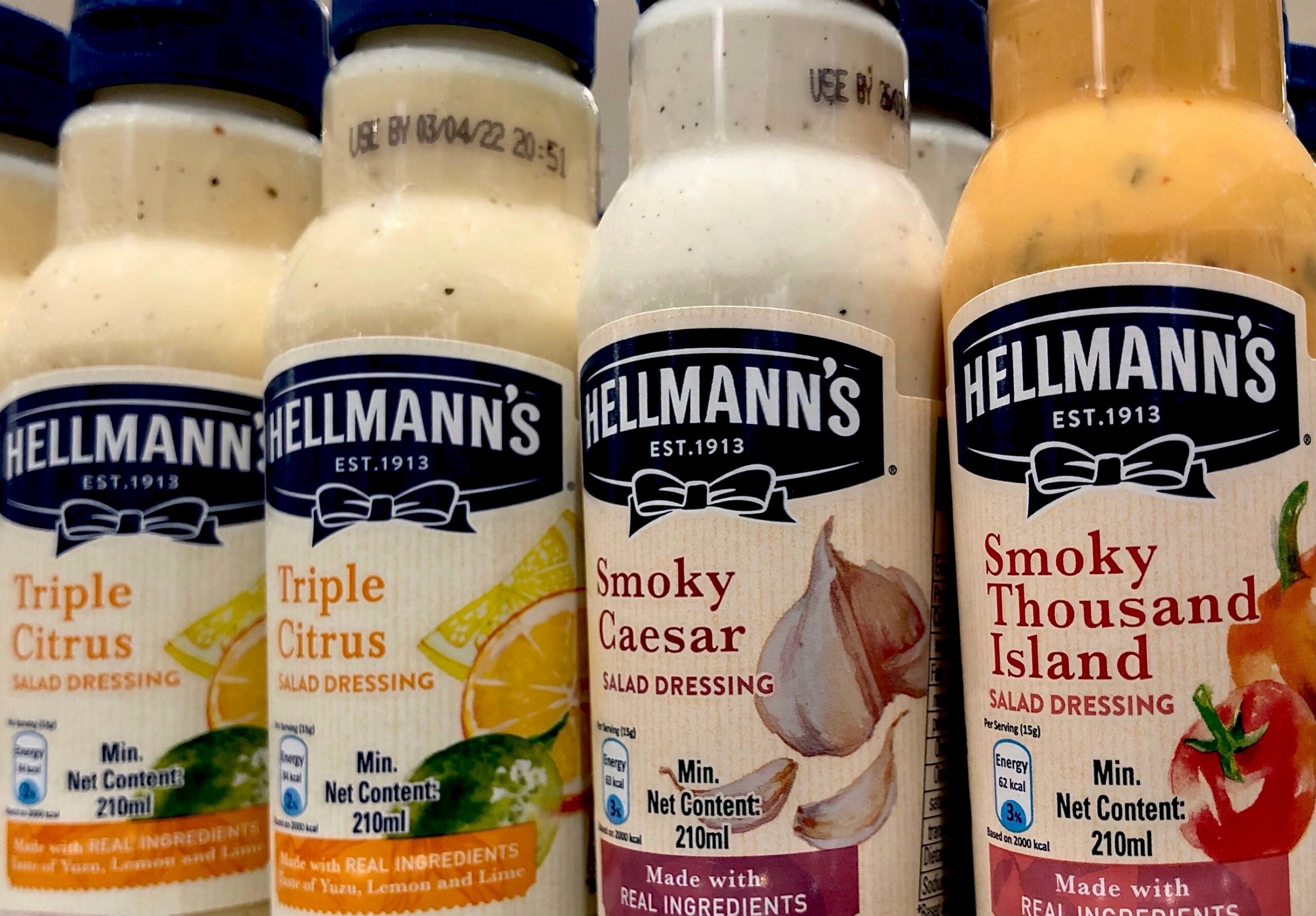
Investment firm Fundsmith Equity has criticised consumer goods giant Unilever for focusing too much on sustainability rather than the core elements of the business.
Terry Smith, the founder and CEO of the London-headquartered investor, pointed to the minus 0.2% return Unilever delivered last year in its Fundsmith Equity Fund. That positioned the Hellmann’s mayonnaise and Ben & Jerry’s ice-cream owner as among the five worst performers in the fund, which registered a total return of 22.1%.

Discover B2B Marketing That Performs
Combine business intelligence and editorial excellence to reach engaged professionals across 36 leading media platforms.
“Unilever seems to be labouring under the weight of a management which is obsessed with publicly displaying sustainability credentials at the expense of focusing on the fundamentals of the business,” Smith wrote in an analysis of the fund’s performance.
London-listed Unilever, led by CEO Alan Jope, generated a turnover in its 2020 fiscal year of EUR50.7bn (US$57.6bn), with underlying sales growth of 1.9%. Over the first nine months of its current financial year, turnover was EUR39.3bn, with USG of 4.4%.
Martin Deboo, an analyst at US-based investment bank and financial services firm Jefferies, provided a brief comment to Just Food: “I think the fact that investors of the stature of Terry Smith are choosing to go public signals the gravity of the debate on Unilever.”
In a preview earlier in January of Unilever’s upcoming fourth-quarter and annual results next month, Deboo wrote: “The issue into Q4 remains the one of confidence in the medium-term growth strategy, where even we are beginning to wonder if the time has come to contemplate a re-setting of the investment envelope.”

US Tariffs are shifting - will you react or anticipate?
Don’t let policy changes catch you off guard. Stay proactive with real-time data and expert analysis.
By GlobalDataHe added: “We remain believers, on the basis that this is a fundamentally unbroken business, on a compelling relative valuation. But even we are struggling to rationalise the marginal decision-making and are wondering, given where volume growth and valuation are, whether the time has come to capitulate on a reset.”
Smith backed his claims by referring to the dispute Unilever has had in the West Bank territory over the supply of its Ben & Jerry’s brand, and singled out the company’s Hellmann’s brand on the sustainability front.
Unilever took the decision to cease selling Ben & Jerry’s in the Israeli-occupied West Bank and East Jerusalem, a move Israel’s Prime Minister’s office said was “a clearly anti-Israel step”. Ben & Jerry’s, meanwhile, said it would continue selling ice cream in the rest of Israel, while Jope last summer emphasised Unilever’s commitment to its business in Israel.
“The most obvious manifestation of this is the public spat it has become embroiled in over the refusal to supply Ben & Jerry’s ice cream in the West Bank. However, we think there are far more ludicrous examples which illustrate the problem,” Smith said.
“A company which feels it has to define the purpose of Hellmann’s mayonnaise has in our view clearly lost the plot. The Hellmann’s brand has existed since 1913 so we would guess that by now consumers have figured out its purpose (spoiler alert – salads and sandwiches).”
Nevertheless, Fundsmith Equity remains committed to the Unilever stock.
“Although Unilever had by far the worst performance of our consumer staples stocks during the pandemic, we continue to hold the shares because we think that its strong brands and distribution will triumph in the end.”
A spokesperson for Unilever, which reports its annual results on 10 February, said the company was unable to comment on Smith’s claims “as we are in a closed period at the moment”.
Unilever has set out a goal to halve greenhouse gas emissions across the supply chain by 2030, with an end objective to achieve net zero for emission scopes 1, 2 and 3 by 2039.
“Our Foods and Refreshment brands are developing lower-carbon food products through an ambitious Future Foods strategy, aiming to achieve EUR1bn in sales from plant-based meat and dairy alternatives – through brands such as The Vegetarian Butcher, Wall’s, Magnum and Hellmann’s,” the company outlined in its sustainability agenda.





